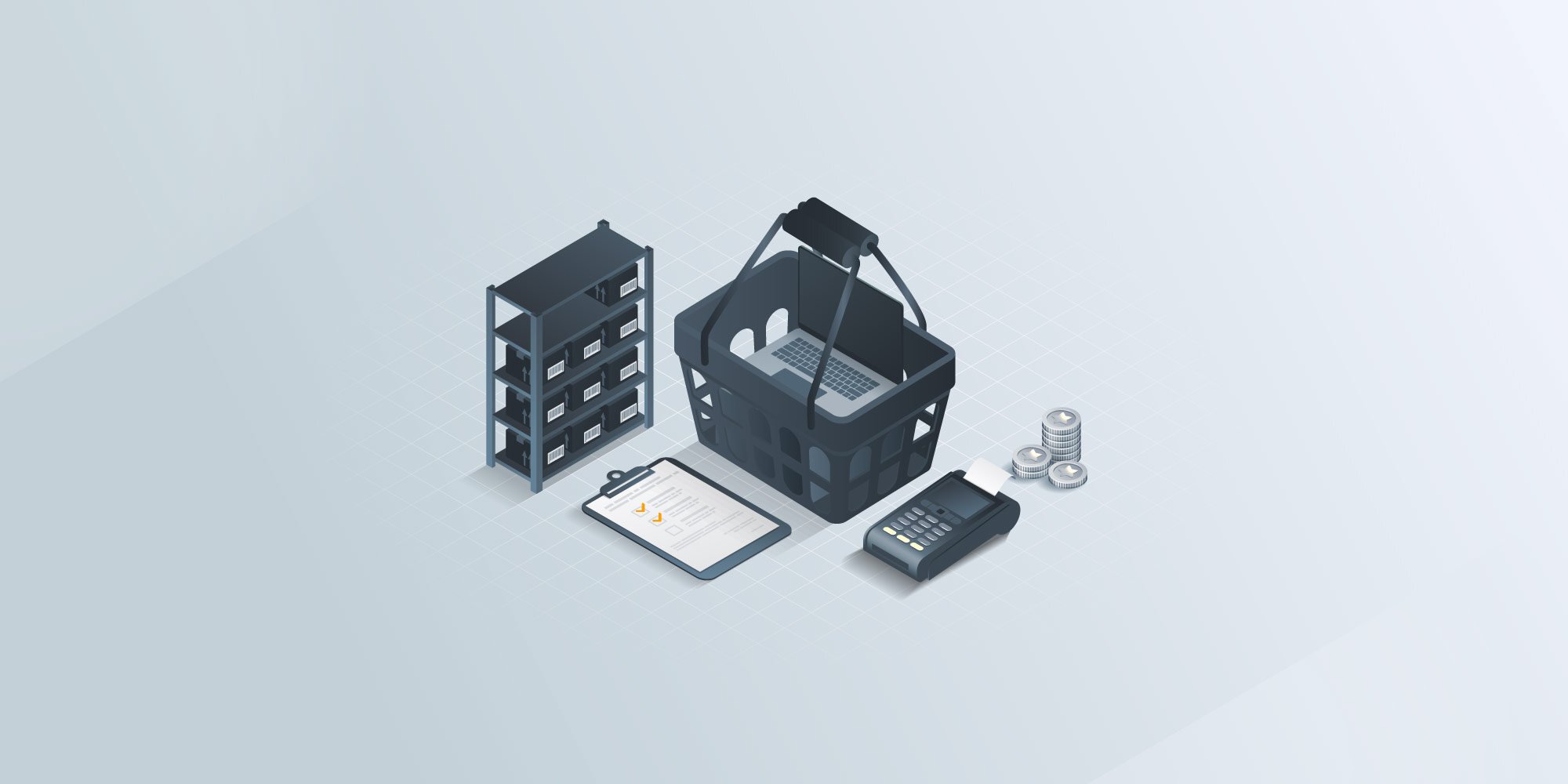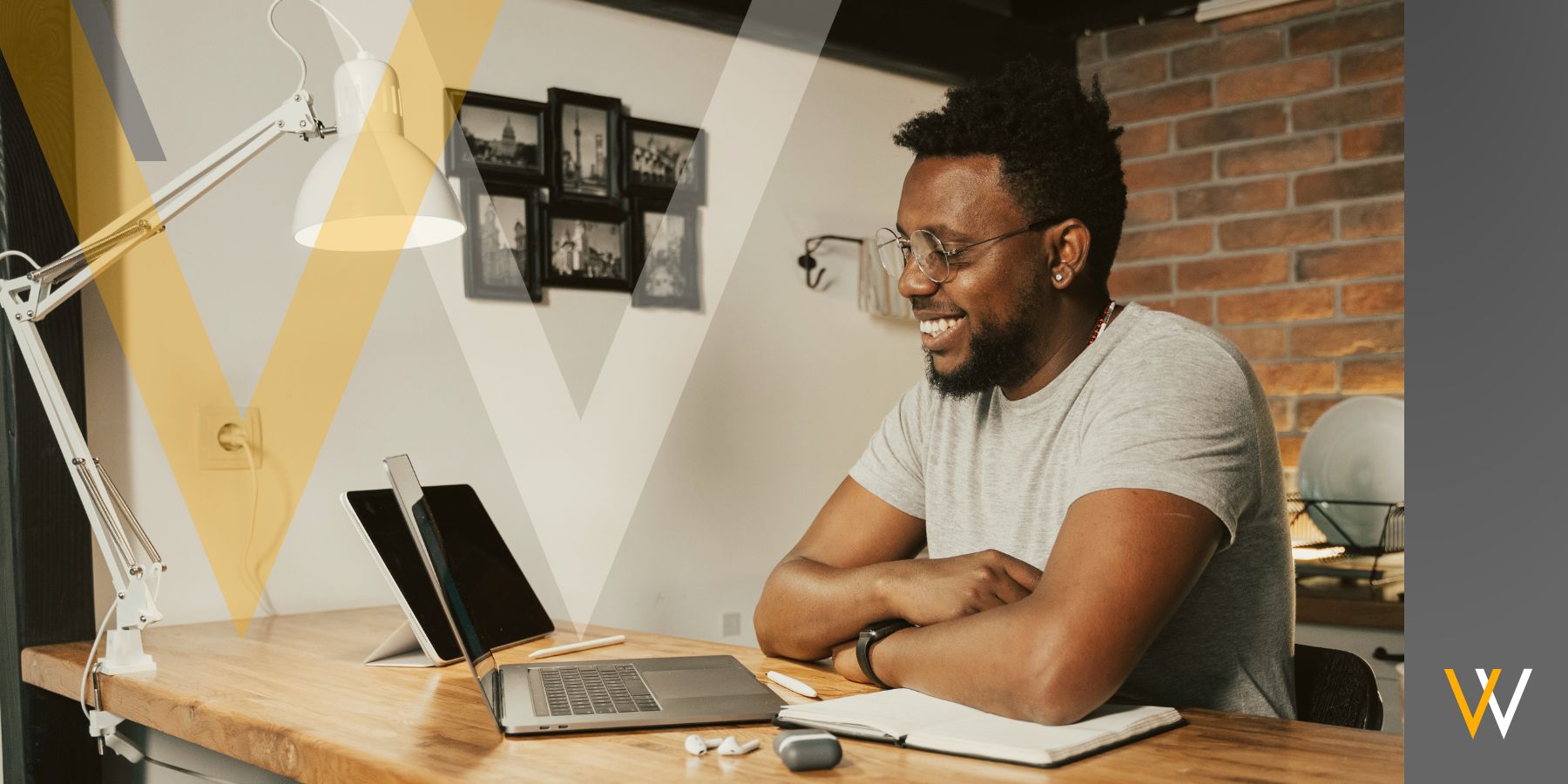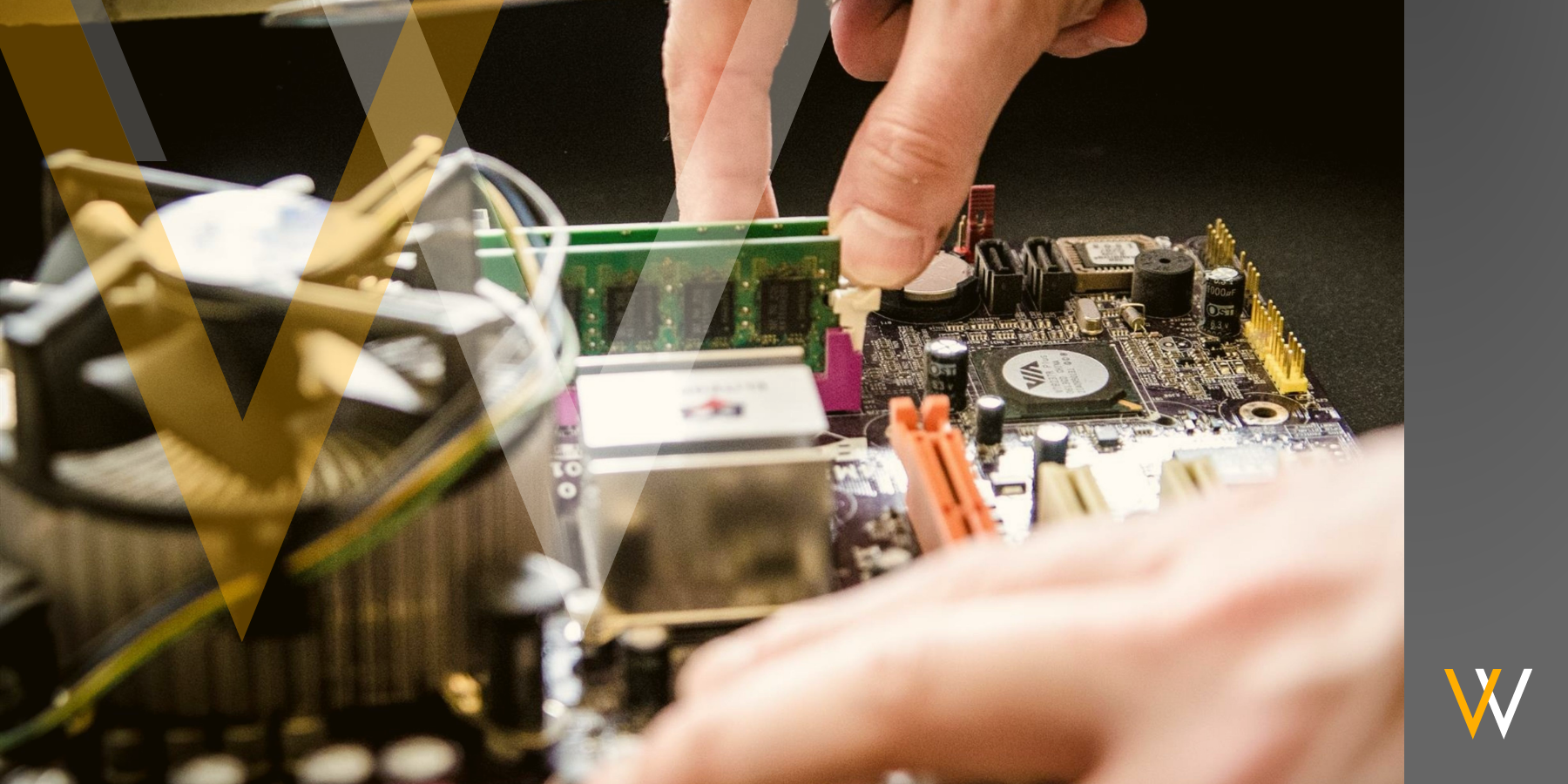Buying vs. leasing equipment: The complete guide for your business
 Mara Quintanilla
Mara Quintanilla
Buying or leasing equipment for your business can be a tough decision to make. This is because the decision between the two options is very vital to the growth of your company. When setting up your company and equipping your employees, you’ll find yourself wondering if it's better to lease or buy equipment.
This is especially true if you're just getting started in business and don't have a lot of experience when it comes to purchasing IT equipment. The first question that pops into most startup founders' minds is: "Is there really a significant difference between buying vs. leasing my IT equipment?". In most cases, the answer is yes.
Both leasing and buying have their benefits and drawbacks. In this article, you will find the complete guide to making the best decision for your business. Let's take a look at both approaches and weigh each option.
Buying vs. leasing equipment comparison

According to the Equipment Leasing & Financing Foundation, almost 8 out of 10 companies in the U.S (79%) use some form of financing to acquire equipment. While leasing tends to be the preferred method of financing equipment, it also advises that one should consider the benefits of owning their assets.
The benefits of leasing or buying depend on factors like business goals, financial capacity, and how you will use the equipment, as well as its lifecycle. If you don’t need to frequently update your IT equipment and you want to keep the assets for a long time, you can opt for purchasing. Whereas leasing could be convenient if you can’t afford a large investment or if your industry requires constant equipment updates.
Curtis LaButte, BDC Senior Account Manager, Windsor, Ontario, suggests that, “In most cases, it’s cheaper to buy up front than leasing to own. But if you’re in an unstable or fast-growing business, leasing may put less strain on cash.”
Analyzing the pros and cons of each option to help you make the best decision.
Pros of buying equipment
You are the owner
One of the perks of buying equipment is that you have ownership over the assets. This can be useful for equipment that won’t become outdated in the next few years or that have a significant long term value. Another advantage is that you can determine the maintenance schedule that best suits your employees instead of depending on the leasing company.
Cost is tax-deductible
When you purchase IT equipment, you can deduct its full cost in the first year. You can even save money when taxes are due over depreciation deductions.
Cheaper in the long run
Since purchasing equipment is a one-time transaction, the cost over time is smaller because there are no extra fees like the ones you would have to pay for leasing.
Cons of buying equipment
Initial investment is high
Being a one-time transaction also means that you have to pay for it in full. So purchasing assets can result in a high outflow of cash that could be needed in other areas of the business.
Equipment may become outdated
If your company requires top-of-the-line technology that is constantly changing, you might end up with old equipment fast. However, most businesses can operate with specific IT equipment with certain functionality that can last for several years.
Pros of leasing equipment
Initial investment is low
One of the biggest advantages of leasing is that you don’t need a large sum of money upfront to acquire new equipment. This means you can upgrade your IT equipment without dipping your company’s cash flow.
Flexibility
Leases tend to have flexible terms and monthly payments that are spread over long periods. This is useful if you don’t have good credit or when you need to lower your costs.
Payments are tax-deductible
You can deduct lease payments as business expenses on your tax return, which reduces the overall cost of the lease.
Overall investment is high
Leasing equipment most of the time ends up being more expensive than buying it. The extended payments are comfortable to avoid paying large sums up front, but they will certainly add up at the end of the lease.
You are not the owner
When leasing equipment, the items do not belong to you. You usually pay another company to use the equipment but at the end of the term, the equipment belongs to the leasing company.
You have to pay for the entire lease term
Although leasing terms are flexible, you have to make payments for the entire period you agreed to. This means you have to cover leasing payments even if you stop using the equipment before the contract ends.
What to consider when buying or leasing equipment

Many factors can influence your decision to buy or lease IT equipment. Some of them are obvious, and some are not so obvious. You may need to ask yourself certain questions like:
- What’s my ability to obtain financing?
- Do I need to prioritize new technology for daily operations?
- How will buying or leasing impact my business tax-wise?
- How do the pros and cons of buying and leasing stack up?
These are important questions to think about. The following factors will provide you with more perspective when making your decision. Here are some of the things you need to consider when making your decision:
Costs:
Leasing means saving capital and cutting costs while buying IT equipment allows for greater flexibility and control over the resources. According to the U.S. Small Business Administration (SBA) Office of Advocacy, seven out of 10 entrepreneurs started their business with less than $25,000, and more than four in 10 used less than $5,000 in capital. Across industries, the cost of starting a business is $29,000 on average.
Your business needs:
Figure out what kind of equipment you will use daily and research its average lifecycle. Keep in mind that technological changes could make your gear obsolete. If your equipment has a long-term value, consider buying. If you need constant updates, leasing might be better for you.
Flexibility:
Leasing gives you more flexibility than buying because you don't have to worry about maintenance costs or repairs if something goes wrong with the computer or peripherals. You can also get financial flexibility because you have fixed monthly payments. On the other hand, buying lets you determine the equipment usage. You can opt for upgrading certain parts when a machine needs repair instead of changing it altogether.
Maintenance costs:
Purchasing equipment means you are in charge of covering maintenance and repair costs. But it also means you can schedule maintenance for when it's more convenient to your company’s timetables or cash flow. Leasing allows you to avoid these costs altogether since they're included in your monthly payments. You also won't have to pay for repairs because they're covered under your lease agreement. However, you are bound to the leasing company’s schedule and timetable, which can be inconvenient for your employees.
Taxes:
When you buy equipment, there are tax deduction allowances. Using financing to purchase assets allows for the interest to be deducted as an expense but not the total price. As for leasing, you can deduct the cost of leased equipment from your business’s taxes. Also, there’s a larger deduction for deducting interest on a lease than on credit purchases.
Conclusion
In the end, what is best for you to do will depend on your current or future business finances. Much of the decision-making process comes down to how long you expect the equipment to remain in use. If you plan to run your business for several years and can afford to make a large up-front investment, it might be worth considering buying your equipment.
Having the right equipment can make your life as a small business owner much easier, while also increasing your opportunities to grow. As a business owner, you'll want to weigh the pros and cons of each option before making a final decision. Factor in your budget, the future of your business, and how it will affect your monthly cash flow. Keep these considerations in mind and you'll be well on your way to leasing or buying all of the equipment you need for your business's continued success.
We assure you that GroWrk's users have an extremely high success rate when it comes to acquiring the equipment they are looking for. Are you ready to buy or lease? The choice is yours. But GroWrk can help with making the decision-making process easier.
With GroWrk, you can simplify your IT procurement process by providing a powerful dashboard where to identify employees’ needs, either with purchasing or with leasing. Request a demo to get started.






